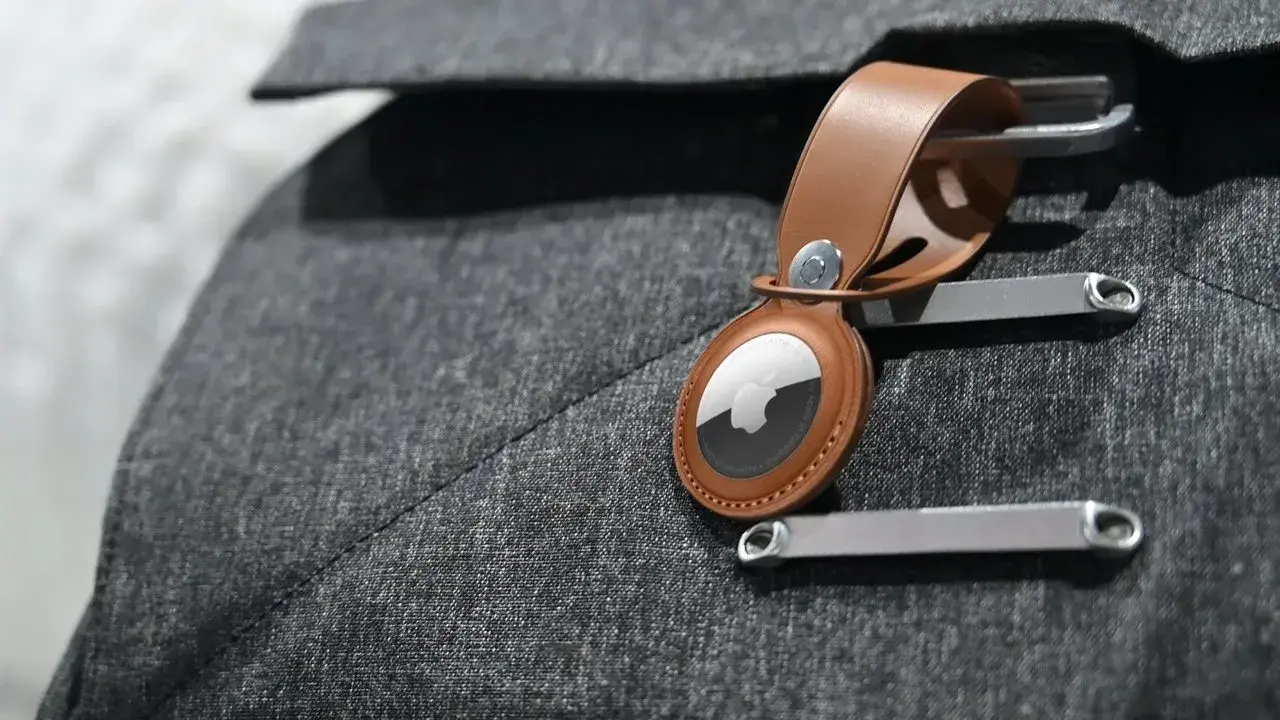The legal quagmire for tech giant Apple is deepening as 36 additional plaintiffs from 20 US states have joined a class-action lawsuit concerning the misuse of Apple's AirTags for stalking purposes. The lawsuit, initially filed in December, accuses Apple of negligence for failing to incorporate adequate anti-stalking safeguards before launching AirTags. The total count of individuals, not including unnamed class members, now stands at 38 as the amended complaint brings new accusations to light, painting a grim picture of the real-world dangers posed by the misuse of AirTags1.
A Trail of Terror
Apple's AirTags, despite their primary function to help users locate misplaced items, have become tools of terror in the hands of stalkers. The size of a large coin, AirTags employ Bluetooth broadcasting technology to link with nearby Apple devices, registering their location on Apple's FindMy network. This feature, while innovative, has become a double-edged sword. The lawsuit highlights how the ubiquity of Apple devices in the US amplifies the risk, making it nearly impossible for individuals being stalked to escape the 30-foot reach of AirTags, even if they do not own an Apple device themselves1.
Disturbingly, since the original filing, there has been an "explosion of reporting" concerning AirTag stalking cases. In Tulsa, Oklahoma alone, police have investigated 19 cases involving AirTags, many of which ended in violence. The amended complaint also links multiple instances of AirTag tracking directly to tragic outcomes, including murders. For instance, one woman was murdered by her boyfriend after discovering and removing an AirTag he had hidden in her car. In another horrifying event, a 61-year-old theft victim was murdered after tracking stolen vehicles equipped with AirTags to the thieves' locations1.
A Call for Accountability
The outcry for accountability grows louder as the victims and their families seek justice. The nearly 100-page-long amended complaint adds a myriad of victim accounts, illustrating the far-reaching implications of this technology gone awry. In one case, an AirTag was found sewn into a stuffed teddy bear among objects recovered from an ex-partner's home. In another, a woman was unable to sell her car due to multiple undiscovered AirTags, which mechanics failed to locate1.
As Apple finds itself under the legal microscope, the allegations underscore a pressing need for tech companies to prioritize user safety and privacy over innovation. The lawsuit, now bolstered by a growing roster of plaintiffs, sends a strong message about the dire consequences when technology is misused and inadequately safeguarded against potential threats.
Sources:



